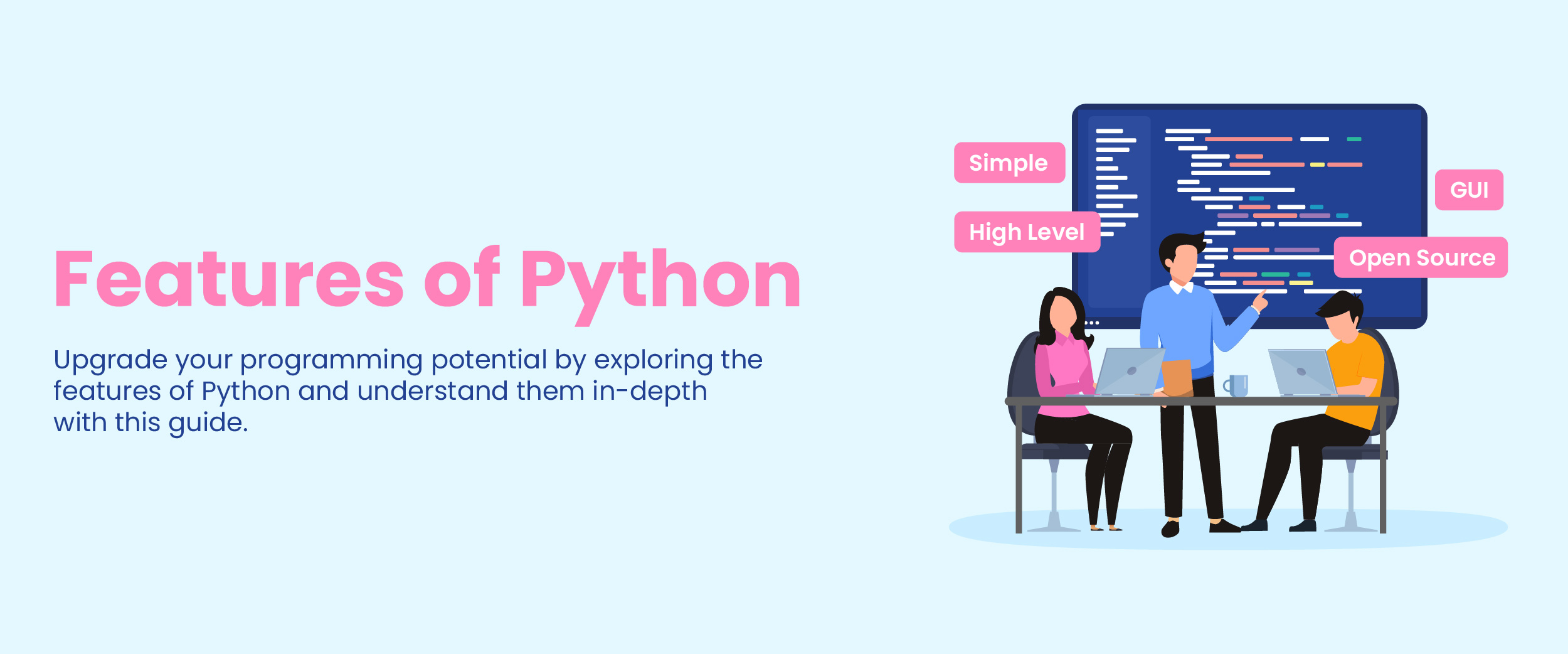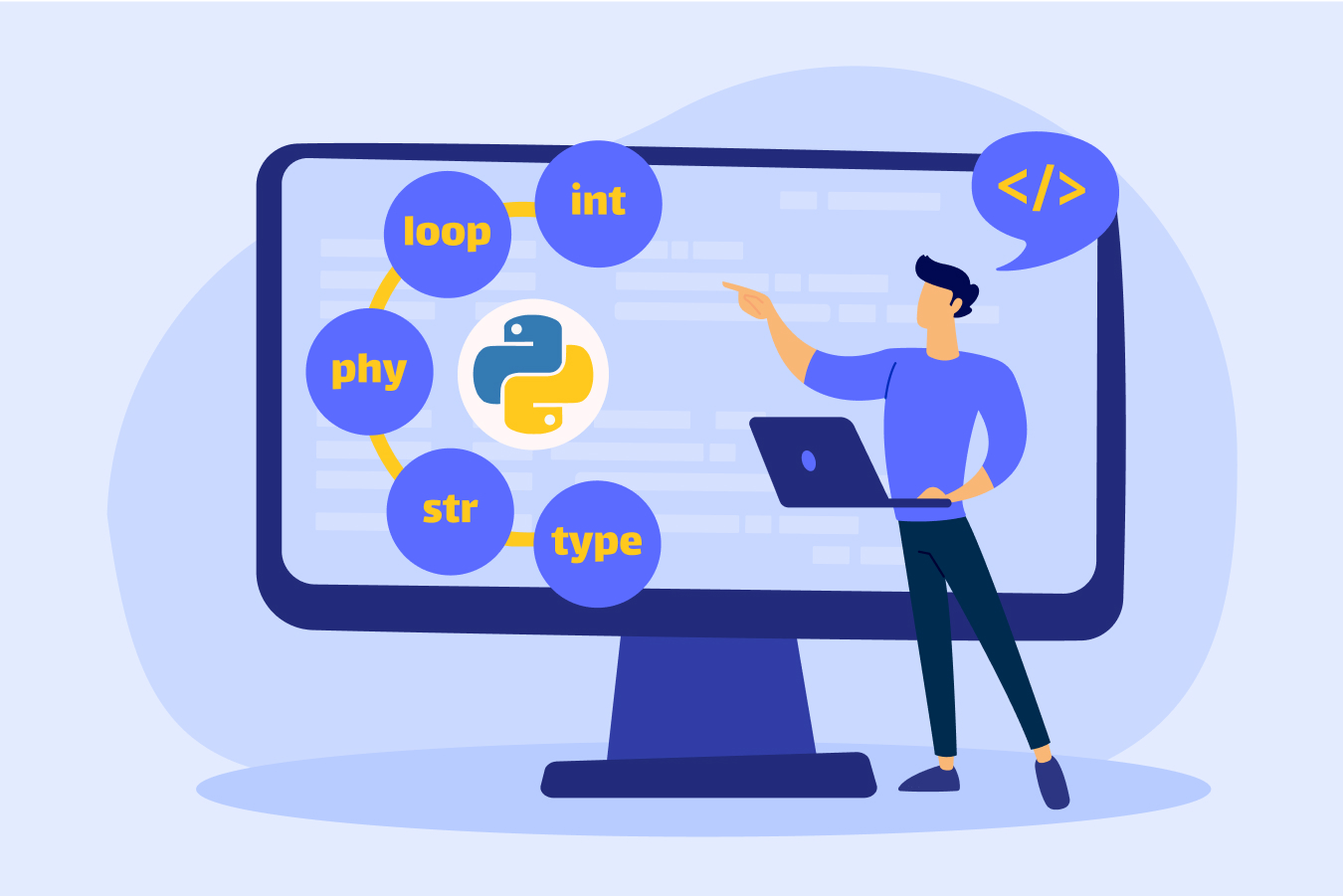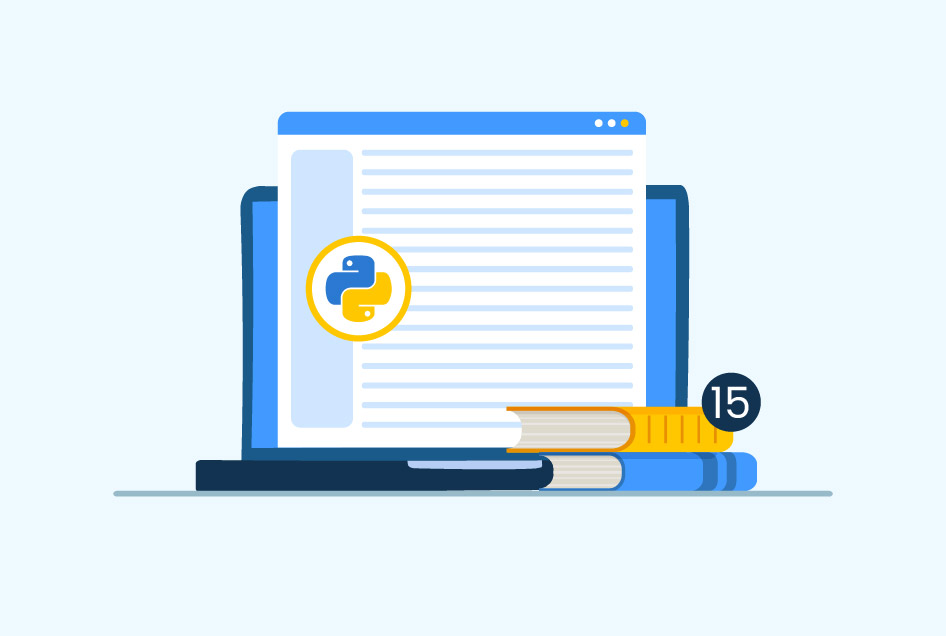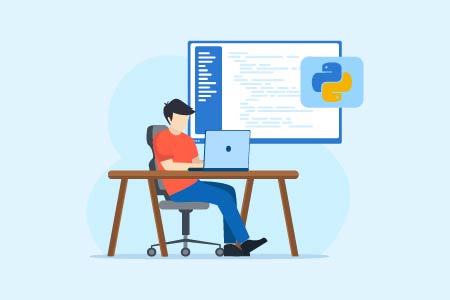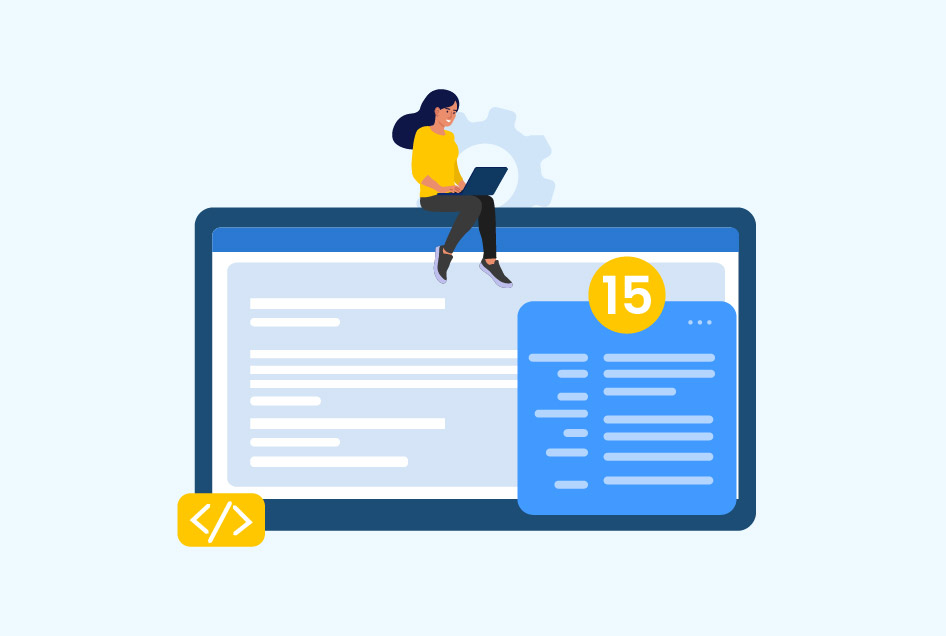14 Key Features Of Python You Need To Know In 2025
Python is a versatile programming language that is known for its simplicity, readability, and flexibility. It is one of the most popular programming languages in the world, and it is used for a wide variety of applications, including web development, data science, and machine learning. The ease of use of the language makes it the perfect choice for programming not only for professionals but beginners as well. Let’s have a look at the features of Python which makes it the first choice for everybody.
14 List Of Key Features Of Python Programming Language
There are several features of Python programming language that make it the perfect fit for any project. Some of them are as follows:
1. Easy to Code
Python is considered an easy-to-code language because of its high-level nature. This means that it can abstract away some of the more complex details, making it easier for developers to focus on the problem they want to solve without getting lost in unnecessary codes.
2. Secure Code
Python is an excellent choice for secure coding due to its built-in security features. Python’s integrated language makes it easy to spot and address potential security issues before they become a problem. In addition, Python has the ability to detect malicious code at runtime.
Also Read: Python Projects With Source Code
3. Free and Open Source
Python is an open-source language and is under OSI approved license, which essentially means that it can be downloaded by anybody and is completely free to use.
4. Object-Oriented
Object-oriented programming (OOP) is another great characteristic of Python that allows developers to create reusable pieces of code that solve specific problems within their programs. This type of programming helps reduce development time as well as increase readability and maintainability in larger applications where multiple programmers are involved in the project.
5. Extensible Language
If a programming language can be expanded and used with other languages, it is said to be extensible. The Python code can also be written in other languages such as C++ making it a very useful language.
6. Easy to Debug
Debugging is an essential part of software development and Python makes it easier than ever. Its integrated language allows developers to quickly identify and fix bugs in their code without having to spend hours trying to decipher complex solutions written in other languages.
7. Portable Language
Python’s portability makes it an attractive language for developers looking to develop software that can be deployed on multiple operating systems. Python programs will run on any major platform, including Windows, Mac OS, and Linux systems. This allows users to create applications that are accessible to the widest possible audience regardless of their device or platform preference.
8. Integrated Language
Python’s integrated language provides an easy way for developers to write concise but powerful code while still remaining readable by others who may need access or modify existing scripts later on down the line.
9. Robust Library
Python’s robust libraries make it easier for users to find pre-existing solutions that can be utilized instead of starting from scratch; saving time and energy when tackling a problem. Furthermore, these libraries are constantly being updated with the latest versions which ensures that any security issues or vulnerabilities present are addressed quickly before they become a problem.
Also Read: Difference Between List and Tuple in Python
10. GUI Support
Python’s GUI support makes it a great choice for developers looking to build applications with a user-friendly interface. Python comes equipped with its own libraries containing pre-made graphical elements which can be quickly added and modified in order to construct any type of GUI you desire.
To understand more about the key features of Python programming language, you can pursue a Python course.
11. High-Level Language
Python is a high-level programming language because it frees programmers from managing memory and system configuration requirements. This makes it incredibly programmer-friendly and is one of the main characteristics of Python.
12. Simplify Software Development
Python’s dynamic typing system is a key feature of the language that helps simplify and speed up the software development process. Developers can quickly write out their ideas without having to worry about specifying types beforehand which reduces development time significantly.
13. Dynamic Memory Allocation
Python’s dynamic memory allocation makes it extremely efficient and allows programmers to quickly allocate and deallocate memory as needed and increase program performance.
14. Expressive
Expressive language enables users to write concise but powerful code which helps reduce development time. For example, to display Hi, How Are You, you simply need to type one line – print (“Hi, How Are You”). Other languages like Java or C would take up multiple lines to execute this.
Conclusion
Python has many advantages and the above-mentioned key features of Python make it an incredibly powerful and versatile language that can be used for a wide range of applications. It has many advantages such as its easy-to-learn syntax, robust libraries & support for multiple programming paradigms which makes it suitable for developers of all levels.

